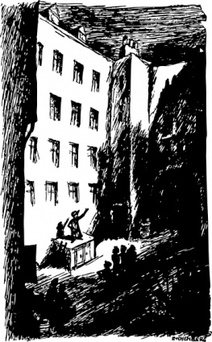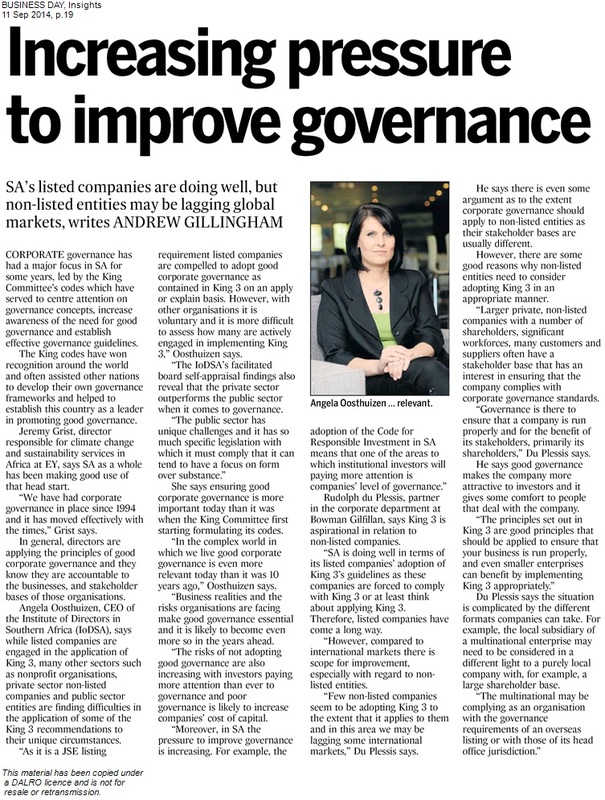 Fame and fortune have been used in the same sentence for centuries. And when it comes right down to the bone, the publicity generation component of PR is all about creating fortune through fame. My textbooks on the subject heartily disagree with such a statement, and if you are a PR professional you might already be climbing on a soapbox. I would usually join you, but for the purposes of this blog post, please allow me the freedom to explain. PR, although not the most well-known marketing discipline, has also been around for centuries. Sometimes called propaganda (war), sometimes called spin (politics), sometimes called lobbying (activism), sometimes called stakeholder relations (corporate), PR is a complex discipline that can span a wide variety of industries, tools, and platforms. It however still (mostly) boils down to making a person/group/product/brand famous in order to create fortune for them. Whether the fortune be measured in finances or influence is a whole different conversation topic. The thing about fame is that the whole "overnight success" thing is a bit of a myth. Yes, there are flukes, but those "overnight success" stories have most probably been 10 years in the making. It's just overnight and new for those who never knew. The same (mostly) applies in PR. The problem One of the expectations we have to manage most often is the one of quick fame. "We saw the publicity Company X got in Publication Y and we want the same. Can you send me a quote for a once-off press release?" "Your press release will help me to fill all the seats at my (poorly marketed) event next week, right?" "How many sales can I expect from this radio interview?" "My competitor was on TV last night. Can you phone the presenter and tell her I want to be on the show tonight?" As an SME owner myself, I am very sympathetic to these types of questions, as money and time are both things that are usually in short supply. As a PR professional, I cringe at these questions, as I know it will be money in the water, and water under the publicity bridge in a heartbeat. The point The fact of the matter is that PR isn't driven by actions (press releases, events, media interviews etc) alone, but by the knowledge and experience behind the actions. While a once-off, short-lived PR campaign might create a fair amount of publicity, we find that the results with the most impact come from the clients who have an ongoing commitment to generating relevant content suitable for on of the most demanding target markets ... the newsroom. Editors and journalists don't care about the shiny features of your latest prototype, or the appointment of a new Assistant Junior Director of the mailroom. They quickly delete articles and invitations that contain puffery, lengthy paragraphs filled with technical jargon, and items that just generally break every rule in the courtesy book. What newsrooms want are valuable, relevant stories from reliable sources, not sensationalist announcements from those just looking for a spot in the limelight. The difference PR can most definitely help create quick fame that will end at the quickly forgotten "one-hit-wonder" stage. To gain the most value from PR, one should rather aim for the Hall of Fame. UPDATE - 11/09/2014
As luck would have it, the day after this blog post was written, we received a news clipping of an article that was included in the Corporate Governance feature of Business Day. The article was not written based on something we initiated, but rather as a result of a long-standing working relationship we have with the editor, who has on several occasions in the past contacted us to coordinate interviews with the IoDSA, one of our clients. How's that for the proof being in the pudding?
0 Comments
Leave a Reply. |
Archives
November 2020
Categories
All
|


 RSS Feed
RSS Feed